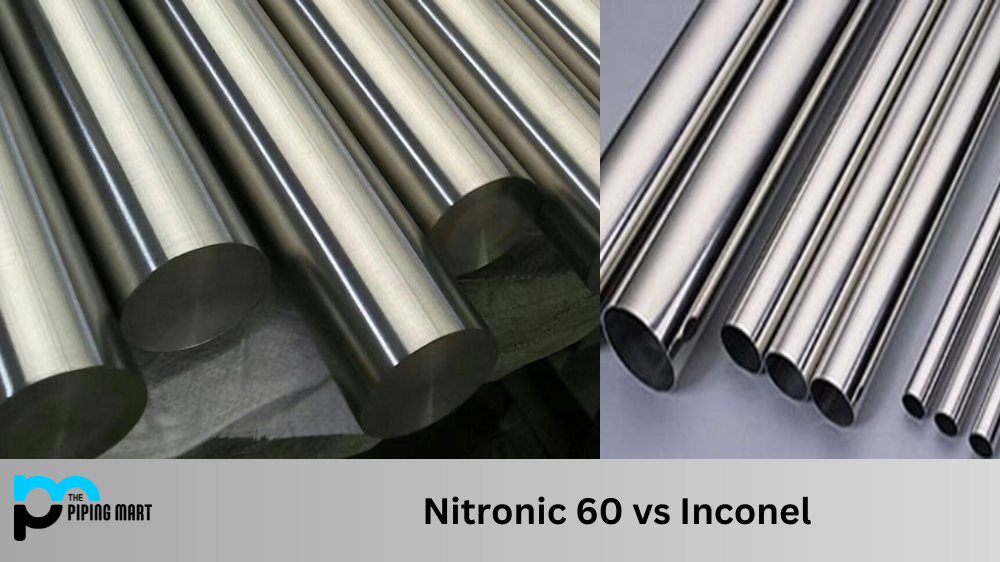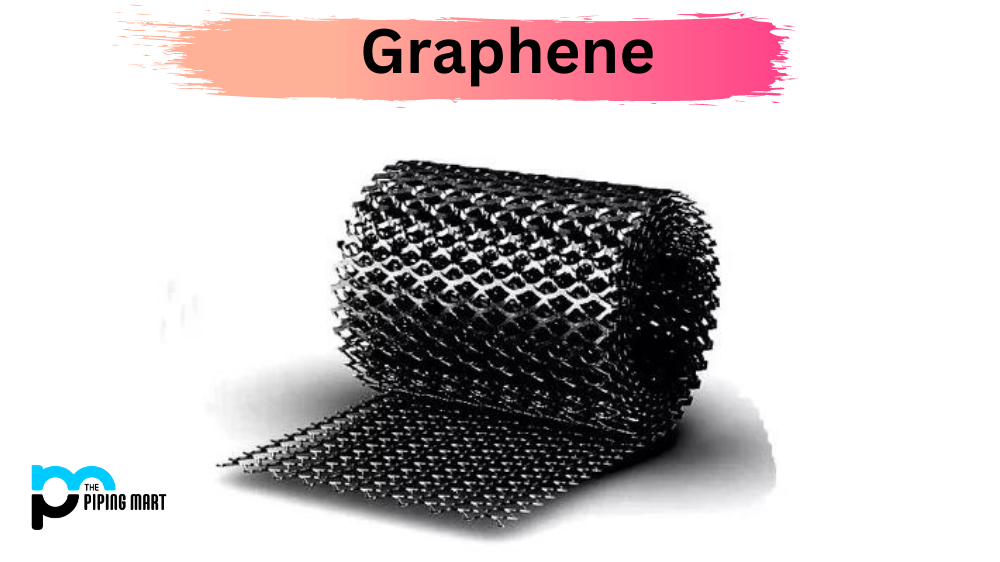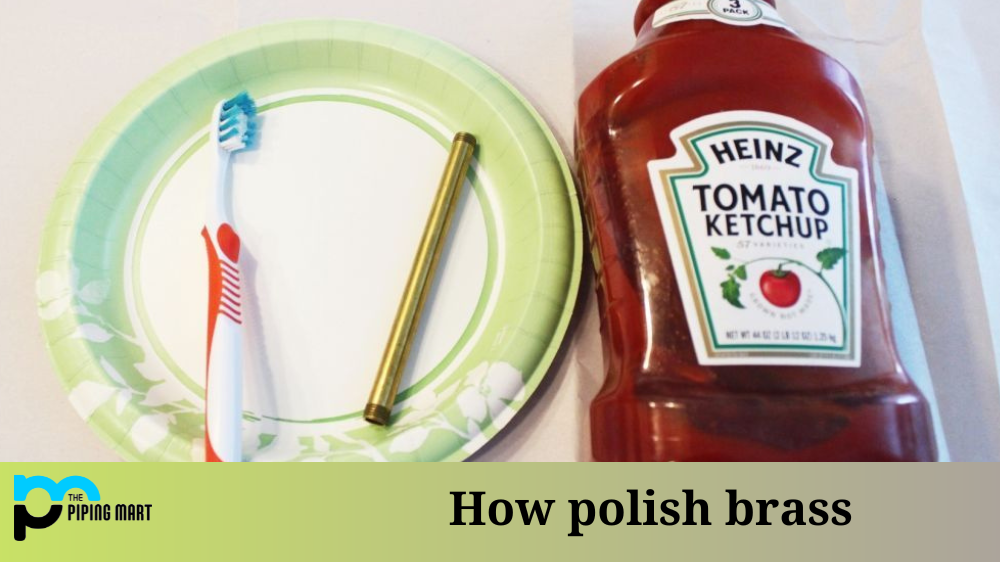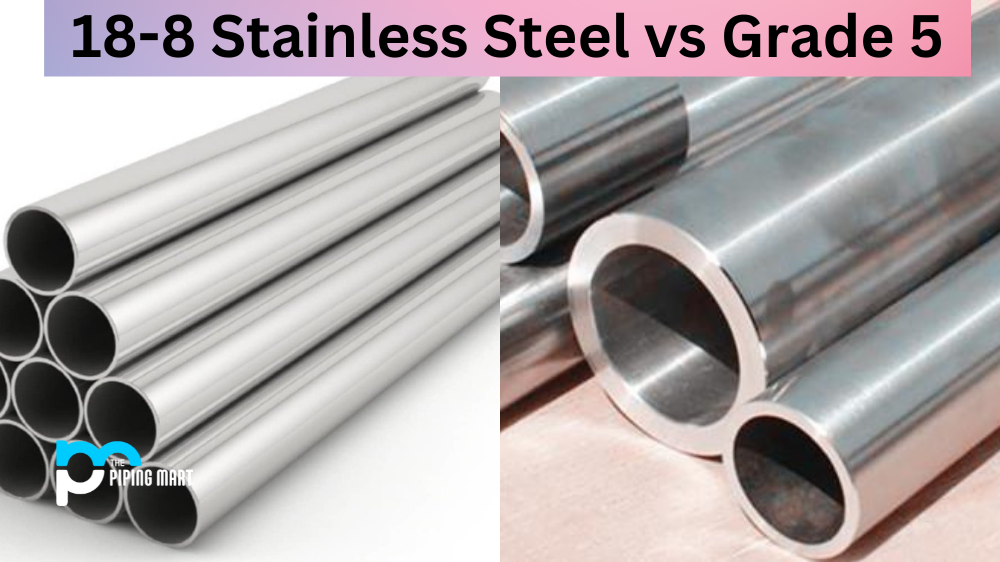It can be tricky for those in the metalworking industry to determine which alloy is best for a given project. Each type has unique properties and characteristics, and understanding them is key to making the right choice. Two of the most popular alloys are nitronic 60 and inconel. But what sets them apart from each other? Let’s take a closer look at nitronic 60 vs. inconel and compare their properties.
Heat Resistance & Corrosion Resistance
Nitronic 60 is resistant to corrosion due to its high chromium content, making it an excellent choice for projects requiring heat resistance. Inconel, on the other hand, is known for its superior heat resistance thanks to its nickel content. It also offers good corrosion resistance, but not quite as much as nitronic 60 does. When it comes to heat resistance and corrosion resistance, both alloys offer great performance—but inconel may have a slight edge in this area.
Weldability & Formability
Nitronic 60 has excellent formability and weldability due to its low carbon content, which makes it ideal for projects that require shaping and forming. Inconel also has good weldability and formability, but since it contains more carbon than nitronic 60, it might not be suitable for some applications requiring more intricate welding or forming processes.
Tensile Strength & Hardness
When comparing the tensile strength and hardness of nitronic 60 vs. inconel alloys, we can see that nitronic 60 has a higher tensile strength than inconel does—which means it can withstand higher loads before breaking or deforming than inconel can (nitronic 60 has a tensile strength of 655 MPa while inconel has 690 MPa). As far as hardness goes, both alloys are relatively similar—but once again, nitronic 60 may have a slight edge here (nitronic 60 has a Brinell hardness of 260 HB while inconel has 240 HB).
Conclusion:
Nitronic 60 vs. Inconel – which one should you choose for your project? Both alloys offer excellent performance regarding heat resistance, corrosion resistance, weldability, formability, tensile strength, and hardness—so ultimately, there isn’t one “right” answer here; it depends on the specific requirements of your project. If you need an alloy with superior heat resistance or formability/weldability, you may want to opt for either nitronic 60 or inconel accordingly. However, if you need an alloy with better corrosion resistance, you should go with nitronic60 since it offers better rust protection than inconel. Ultimately only you know what performance your project requires, so do your research before making any decisions!
Sakshee is a talented blogger, with a particular focus on the Business and Metal Industry. She is passionate about sharing her insights on various metal products and helping professionals to make a better decisions.




